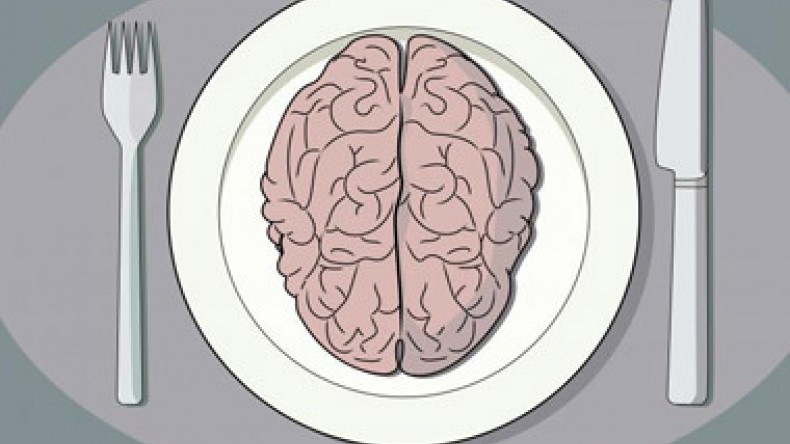
Rewiring your brain to not crave sugar and starch
Inside your brain there’s a special area that drives our cravings for sweet and starchy foods, and researchers have just found the mechanism behind the wheel. The reason we reach for the comforting mashed potatoes and after-dinner cookies could all change if the mechanism could be controlled. Researchers from the Imperial College London studied how glucose, which is found in added sugars but is also the building block of starches, affects the brain. Their published study appears in the Journal of Clinical Investigation, Medical Daily reports.
"Our brains rely heavily on glucose for energy," the study’s lead author Dr. James Gardiner, from the Department of Medicine, said in a press release. "It's clearly a very important nutrient, but in our evolutionary past it would have been hard to come by. So we have a deep-rooted preference for glucose-rich foods and seek them out."
Researchers tracked glucokinase in rats because it’s responsible for detecting glucose in the liver and pancreas. It’s an enzyme also present in the hypothalamus, which is where the brain regulates food intake and sleep. After the rats went 24 hours without eating, glucokinase increased sharply in the hypothalamus. When they were fed normal food and food high in glucose, researchers increased the amount of glucokinase in their hypothalamus, and the rats ate more glucose than normal food. When glucokinase was decreased in their system, they consumed less glucose food.
"This is the first time anyone has discovered a system in the brain that responds to a specific nutrient, rather than energy intake in general," Gardiner said. "It suggests that when you're thinking about diet, you have to think about different nutrients, not just count calories."
By figuring out how to control the newly discovered mechanism involved in glucose cravings, Gardiner suggests humans could then reduce cravings with assistance from a drug. If the mechanism is the key to controlling cravings, Gardiner believes it could potentially prevent obesity, but they need to study how it functions in humans, and then adjust amounts for each person first.
"People are likely to have different levels of this enzyme, so different things will work for different people," Gardiner said. "For some people, eating more starchy foods at the start of a meal might be a way to feel full more quickly by targeting this system, meaning they eat less overall."
Newsfeed
Videos






























